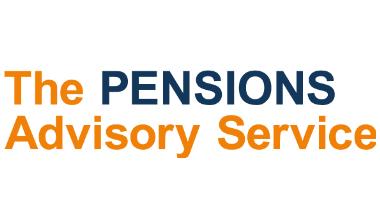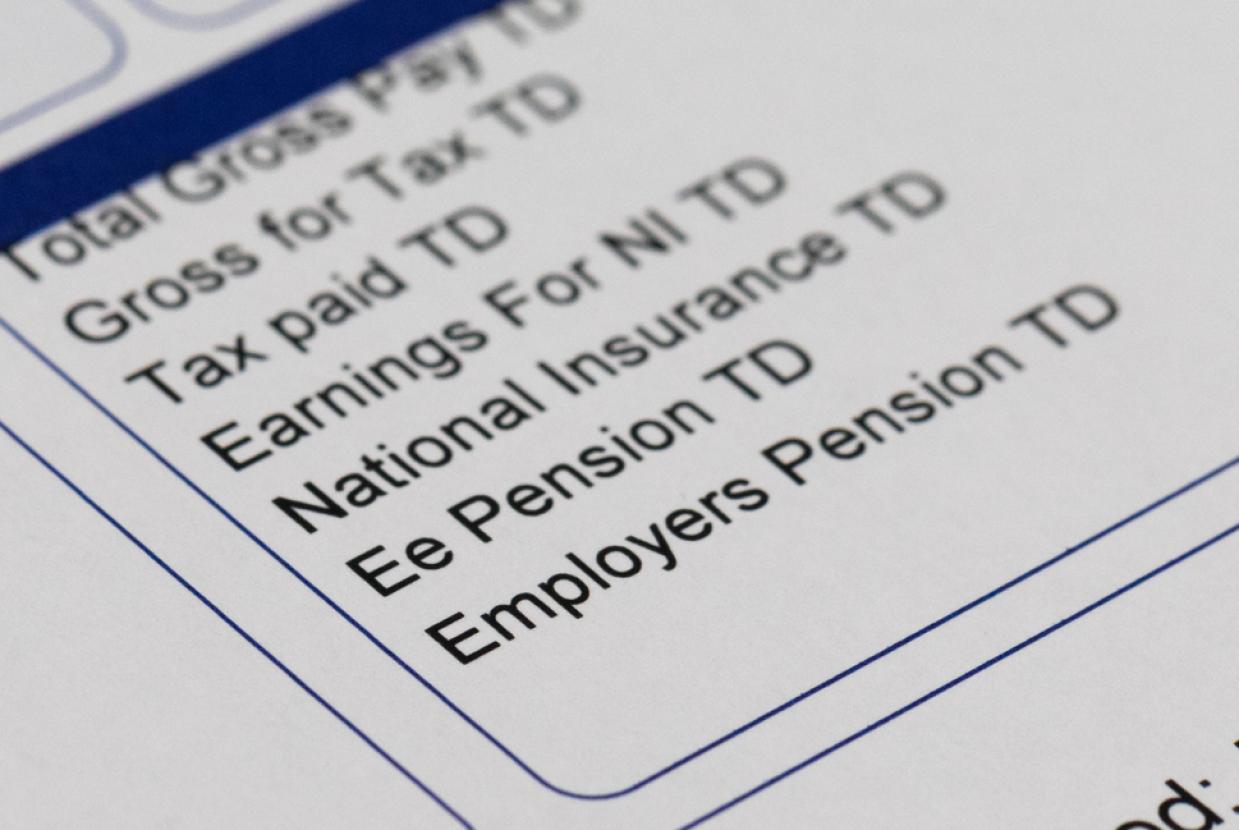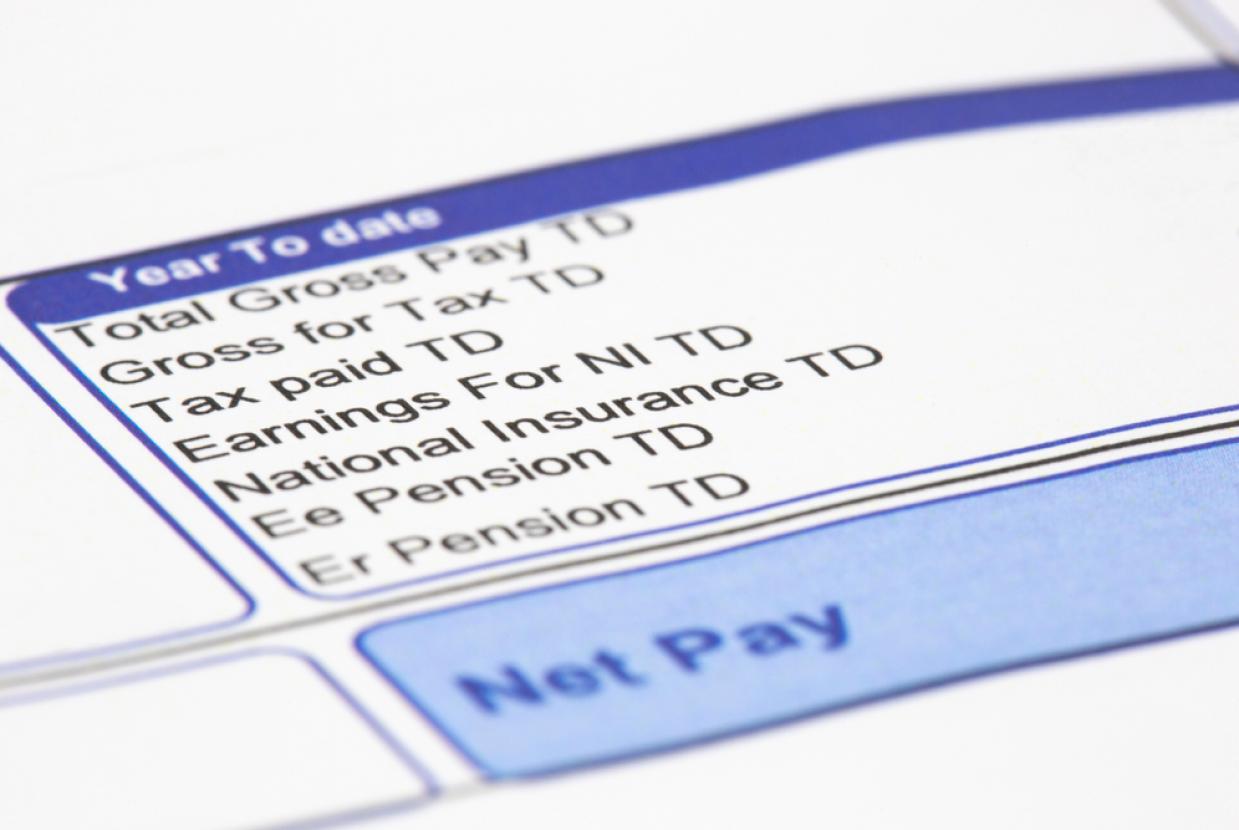Top tips for your pension
Financial HealthIt’s all too easy to start a pension and then forget about it until it comes to retirement. But following some of our simple tips can make a big difference to the benefits you could enjoy in later life.
We take thousands of calls every year from people who have pensions, or are thinking about starting them. That has led us to create 7 top tips for making sure your pension is as healthy as possible.
1. Do some sums
It's easy to get side tracked into thinking pensions are difficult and so put off making important decisions about your future. However, when you start looking into joining a pension, most people are pleasantly surprised. And the sooner you can start saving into a pension the longer your savings have to grow. This is important when you work out how much money you are likely to need when you retire.
Do you own your own home and still have a mortgage or do you rent and need to make sure you have enough money each month to pay your bills? Once you have worked out your expenses, consider how much of these will be covered by any State Pension entitlement you may have.
What you have left (plus or minus) will need to be covered by any other sources of income you receive. This could be savings or additional incomes, for example rent from property you might own.
The difference between the above is what you’ll need to save for. And a pension is a good way of saving money to provide this income.
2. Check your National Insurance Contributions
Don’t take your State Pension for granted. To qualify for the full amount (£175.20 as at April 2020), you need to have made enough qualifying years of National Insurance contributions. It’s not the amount you’ve paid that counts, but how many years you’ve paid in. If you have gaps in your records you may be able to fill these to increase your entitlement. You can find out more here.
3. Stay enrolled when your employer enrols you into their workplace scheme
In 2012, the Government introduced a new initiative called automatic enrolment. If you’re eligible, your employer has to automatically put you into their workplace pension scheme and help you to contribute towards it. So, if you’re eligible, you will be enrolled.
You can leave the scheme at any time if you wish, but if you can stay in the scheme you should seriously consider it. You will benefit from tax-relief on what you put into the scheme and your employer will be putting in money for you too. That has to make sense!
4. Save more if you can
We understand that the cost of living can make it hard to find money for savings. But, it’s important you put money away for your later life.
So, if you get a pay rise, or a bonus, or find you can free up some money by spending less somewhere else, think about paying a little more into your pension. Because what you put in now will pay off for you later.
5. It’s never too early or too late to start
Retirement might seem like a lifetime away, but it will benefit you in the long run to save now and spend later.
If you’re young, and at the beginning of your career, you have many years ahead of you during which the money you save can grow through investments. If you’re older and think it’s too late, it’s good to know that you will also benefit from the tax-relief on your contributions and investment growth.
The truth is that it’s never too late or too early to start saving into a pension.
6. Check your annual benefit statement
It’s always good to keep track of how your pension is doing – and it’s easy too. Your pension scheme will provide you with an annual benefit statement showing what you are entitled to, based on your contributions to date.
This will help you decide whether you are happy with how your pension is doing, or whether you need to take action, such as review your investment options, contribute more, or set up an additional pension. Most people only look at their pension shortly before they plan to retire, by which time it is often too late to take action.
7. Talk to us
Remember, if you ever have a question about your pension or about pensions in general, you only have to ask us for help. Our guidance is free and impartial.
To find out more about our services please click here.




































